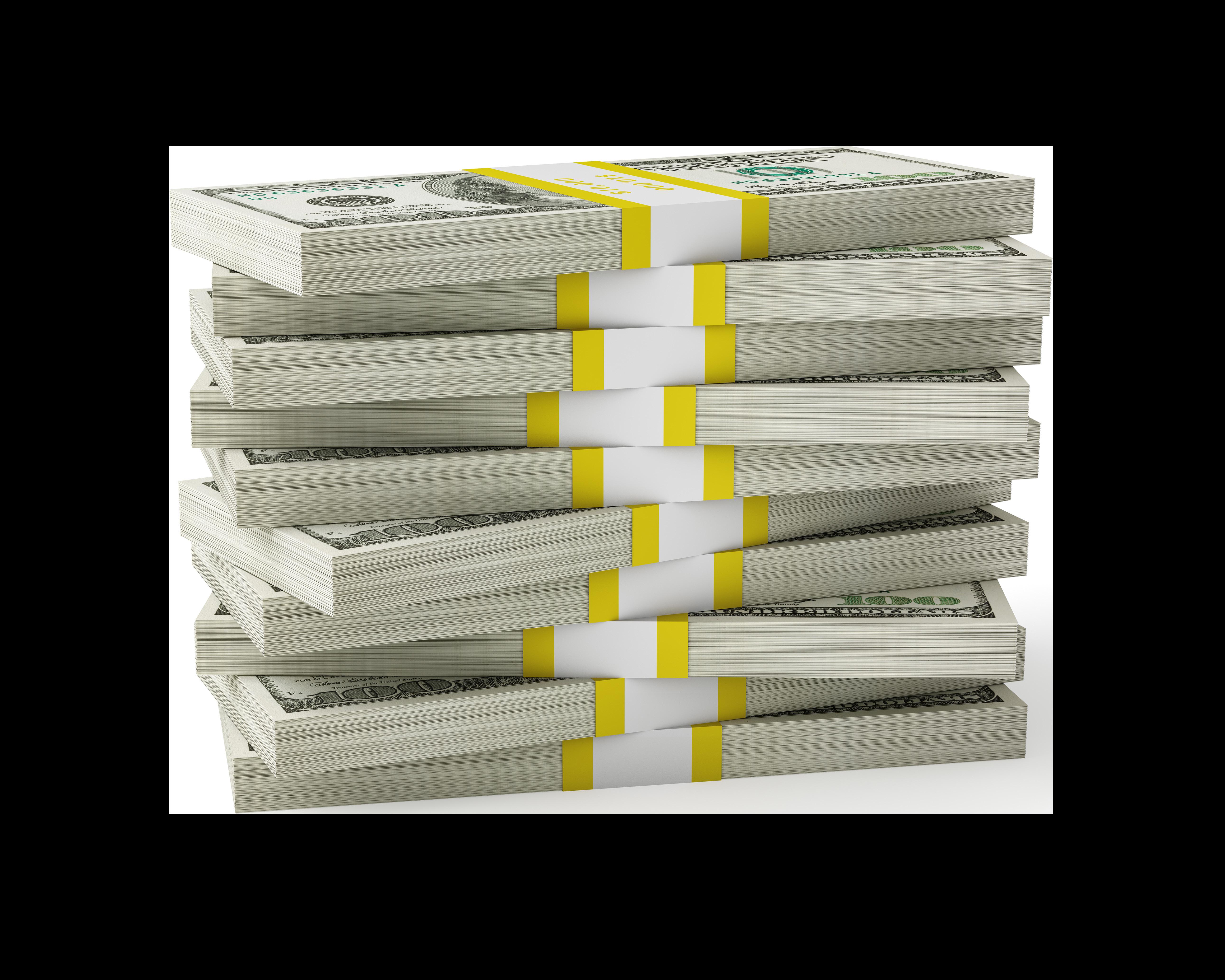
4 minute read
us dollar Is the losing value?
What Would That Mean to Countries Using It?
Is the U.S. dollar losing value? This question has recently been plaguing economists and finance professionals worldwide as the U.S. economy experiences a volatile economic period. As the global reserve currency, the U.S. dollar’s relative stability and security are crucial to other countries with currencies tied to the U.S. dollar, including many in the Caribbean region.
Advertisement
The value of a currency is determined by its purchasing power in the global market. When the dollar loses value, goods and services cost more to purchase. It can also affect a country’s external debt, as debt denominated in foreign currency becomes more expensive to pay back.
WHICH CARIBBEAN COUNTRIES UTILIZE THE U.S. DOLLAR?
The U.S. dollar is a major currency for multiple countries worldwide, including many in the Caribbean. It is the legal currency of nations such as the U.S. Virgin Islands, the British Virgin Islands, Puerto Rico, Panama, and more. It’s also recognized almost anywhere you go in the Caribbean. This means that residents of these countries rely heavily on the U.S. dollar for transactions and foreign investment, making them particularly vulnerable to changes in its value.
WHY SOME EXPERTS PREDICT THE U.S. DOLLAR COULD BE IN DANGER
While the U.S. dollar remains a strong, reliable currency, experts have long been predicting a potential decline in the U.S. dollar. In 2022, the U.S. dollar appreciated more than 12%, reaching its highest peak in two decades. Since, however, the nominal broad dollar index fell almost 7%.
There has also been concern that other currencies, such as the Chinese yuan and the British pound, may increasingly challenge the U.S. dollar’s dominance. In 2015, China created its own ‘World Bank, officially establishing itself as a contender in the global economic market. Recently, the Chinese yuan hit a record low against the U.S. dollar, meaning that Chinese exports are cheaper and more appealing than those of other nations, including the U.S. This further fuels speculation that the dollar may be in trouble.
Additional factors that may potentially contribute to the weakening of the U.S. dollar include:
Low-Interest Rates Imposed by the Federal Reserve: Low rates cause investors to transfer their money from the U.S. to other countries offering higher interest rates. Consequently, the dollar weakens compared to currencies from nations providing higher yields.
Increasing U.S. National Debt: The U.S. has seen a steady increase in its national debt over the past few years, which could harm the dollar’s value.
Trade Deficits: The U.S. has consistently run a trade deficit, meaning it imports more goods than it exports, resulting in a weaker dollar value than other currencies.
Devaluing the Yuan Against the Dollar: If China continues its tactics of devaluing the yuan, it will have a significant impact on the dollar’s value. It could widen the already large trade deficit, keep the Federal Reserve interest rates low, and make U.S. exports even less competitive.
WHAT IMPACT
DOES A DECLINE IN THE U.S. DOLLAR HAVE ON COUNTRIES USING IT?
The devaluation of the U.S. dollar could have severe consequences for countries that rely on it, including countries in the Caribbean. First, it would rapidly increase inflation, drastically driving up the cost of living in those countries. Other consequences for nations dependent on the USD include:
Higher Prices: Prices for imports and exports would likely increase due to rising costs. This could lead to higher food prices and other goods, affecting many low-income countries that rely on imports.
Decreased Investment: A devalued U.S. dollar could also result in foreign investors withdrawing their investments in US-denominated assets, reducing investment and economic growth for countries using the U.S. dollar.
Currency Exchange Rate Fluctuations: This could make it difficult for businesses and individuals to plan for long-term investments or transactions.
Fall in Real Wages: Real wages will fall because the inflation rate will likely be higher than the rate of wage increases.
WHAT COULD POTENTIALLY HAPPEN TO THE CARIBBEAN ISLANDS WHOSE LEGAL CURRENCY IS THE USD?
The U.S. Virgin Islands, the British Virgin Islands, Puerto Rico, Panama, and El Salvador utilize the U.S. dollar as their official currency. A devaluation of the U.S. dollar could lead to several changes and challenges in these countries, especially those with little to trade, such as the U.S. Virgin Islands and the British Virgin Islands.

Should the economy weaken, these nations will likely see a decline in their export earnings and purchasing power. Foreign investors may be less likely to invest in these countries, leading to slower economic growth.
Many of these economies are also dependent on tourism. The devaluation of the U.S. dollar would quickly drive up inflation, which could make these locations less attractive to visitors. Reduced tourist spending could lead to further economic issues, including lower employment and weakened businesses.
What Can Individuals Do to Prepare for a Possible Loss of Value in the U.S. Dollar?
Individuals should take steps to protect their finances from the potential devaluation of the U.S. dollar. Here are some tips for preparing for a possible loss of value in the U.S. dollar:
Keep an Emergency Fund: It is essential to have an emergency fund that can be used in case of a sudden devaluation in the U.S. dollar. Having an emergency fund will ensure that individuals are prepared for any possible economic downturns.



Diversify Holdings: Investors should consider diversifying their portfolios by investing in different currencies, stocks, bonds, and other assets. This will ensure that their assets are not affected by any potential devaluation of the U.S. dollar.

Manage Risk: Investors should also look for ways to manage their risks, such as through hedging and diversification. They should also be mindful of their investments and monitor them closely for possible changes in market conditions.
Invest in Countries with Strong Currencies: You may want to invest in countries with stable, rising currencies. If that foreign currency continues to increase, that money will be worth more in your country.
What To Take Away
Money is a tricky thing. Although the collapse of the U.S. dollar cannot be completely ruled out, it is important to remember that the U.S. dollar has been a reliable and stable currency for many years. Overall, it is unclear whether or not the U.S. dollar will lose its value in the future, but it is essential to take steps now to prepare for such a possibility. Diversifying assets and maintaining an emergency fund are just two ways individuals can protect themselves from the potential devaluation of the U.S. dollar. Countries that rely on the U.S. dollar, including those in the Caribbean, should also be mindful of how a decline in value could impact their economy.









